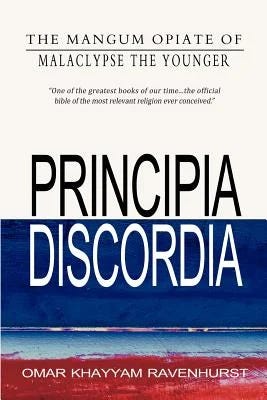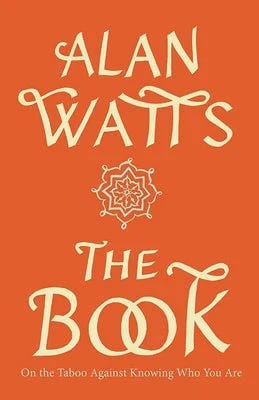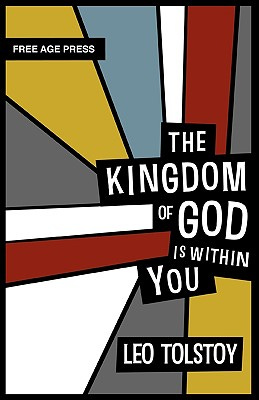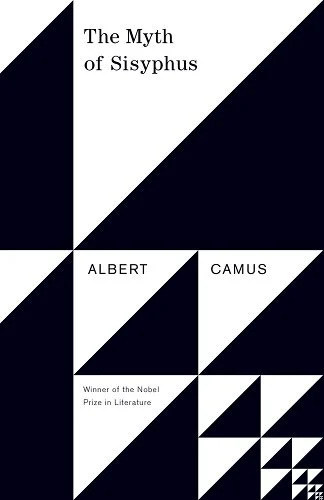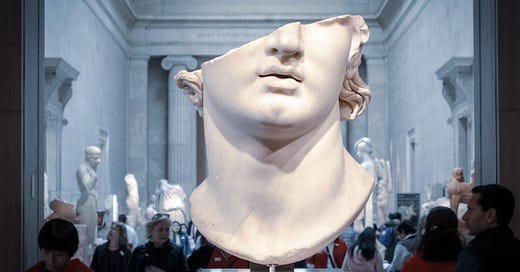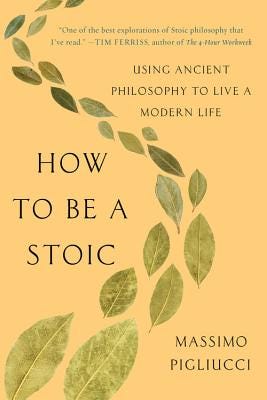Book Rex: Philosophies for Chaotic Times
Stoicism, Taoism, and Chaos Worship during the apocalypse
There’s a lovely moment in the play Hamlet where the title character tells his friends that he has sworn an oath of vengeance to a ghost, and he will now be feigning insanity in order to get to the bottom of the ghost’s claims. His friends, Marcellus and Horatio, are understandably taken aback.
HORATIO
O day and night, but this is wondrous strange.HAMLET
And therefore as a stranger give it welcome.
There are more things in heaven and earth, Horatio,
Than are dreamt of in your philosophy.
My wife and I have had those last two lines hanging in our home for nearly a decade. It is a good daily reminder to know that there are limits to human knowledge, and that all of our philosophies are, at best, partial.
When I was a teenager, I left the Catholic Church I was raised in. This was a good thing (because the Catholic Church sucks) but leaving that religion behind has never stopped causing me problems. Catholicism — like most religions — tells its followers that there is One Right Way, and that it is our duty to follow it. We are sheep to the shepherd’s flock.
If you leave a religion behind, it is likely because you’ve realized that some core tenet of the One Right Way was bullshit, and that you’d been lied to. The impulse in this moment is to seek the actual right way of thinking about things, which means you are very likely to switch from one sort of fundamentalism to another.
For me, the hard-earned truth was that human philosophies were, by their nature, incapable of encompassing and explaining everything. The New Atheism that I adhered to after leaving the Church, the Nihilism I adopted after that collapsed, the radical left politics I moved to after Nihilism just made me depressed: none of these philosophies managed to explain everything.
At some point, I had to accept that it wasn’t about finding the right philosophy, it was about staying open to new ideas and allowing myself to change over time. This skill, I have found, has been helpful as the world becomes more frightening and more chaotic — I no longer need to reconcile climate change with capitalism, or my “life is worthless” nihilism with my deep intuition, while spending time with my kids, that life is actually lovely and is worth living.
Philosophy in this mindset is not a complete and unimpeachable worldview, it is a toolkit, and not every tool is necessary for every situation.
The Discordians
I’ve talked before about the Discordians, the chaos worshippers who view human belief systems as something to have fun with, rather than to take too seriously. One of their early leaders, Robert Anton Wilson, called himself a “multiple model agnostic,” which meant that he applied different models and worldviews to different situations: Marxism, for example, might be very good at describing how capitalist economies work, it is less excellent at predicting how its brand of socialism would work in practice. Capitalism might be very good at describing how markets function, but it is pretty fucking bad at grappling with finite resources and ecological destruction.
On the 23 Enigma (and how human belief works)
In the latter half of the 20th century, a group of people called the Discordians discovered something magical: the Number 23. They came to call this esoteric bit of wizardry the “23 Enigma,” and pointed out that, once you start looking for it, there are all of these strange recurrences of the number 23 in the world. A small sampler:
By thinking of philosophies as toolkits rather than as 100% accurate explanations of the world, we can engage with several different types of belief systems. We can get meaning from them where we can, and abandon them when they cease to be useful.
Given the rather apocalyptic moment we are living in, this is helpful: it allows us to shrug off belief systems when they fall apart. To every thing, as per Ecclesiastes (or the 60’s band The Byrds, if that’s more your jam), there is a season.
Chaos philosophies
Some philosophies lend themselves to chaotic times particularly well — in the West, probably the best known chaos philosophy is Stoicism (which I covered in Book Rex a few weeks back), while in the East, the best known chaos philosophy is Taoism (which I covered last week).
Book Rex: How to Be a Stoic
Our mindset is a huge factor in helping us survive chaotic times. People who have trouble with change just don’t do well in moments of upheaval, whereas people who are flexible and adaptable tend to roll with the punches a little bit better. It’s forgivable that most of us fall into the former camp — our lives have been lived in an era of almost unprecedented stability and material wealth. Major, seismic societal change is barely in living memory, as the so-called “Greatest Generation” that survived the Depression and World War II slowly dies out
One uniting feature of these philosophies is that they place moral authority and wisdom firmly in the individual. There is no outer authority you have to refer to for guidance or confirmation that you are doing the right thing. The Stoics of Ancient Greece and Rome put a high premium on integrity, and on acting in a way you could always be proud of. This meant that a lot of Stoics, in doing what they believed to be right, were executed by tyrannical emperors.
Taoism is similarly anarchistic, and is often seen as the foil to the other major Chinese philosophical school at the time, Confucianism, which is very fixated on rules, order, and hierarchy. Both Confucianism and Taoism put an emphasis on harmony, but for the Taoists, harmony is not achieved by everyone knowing their place in a rigid social structure, but instead by getting into harmony with nature.
These aren’t the only philosophies suited to chaos, of course: there are anarchistic strands of Christianity (like Leo Tolstoy’s The Kingdom of God is Within You approach), Buddhism (particularly Zen), and neo-paganism that have also helped people through stormy times.
If you’re in the market for a new philosophy (or better yet, you’re taking the agnostic approach), here are some books to check out:
